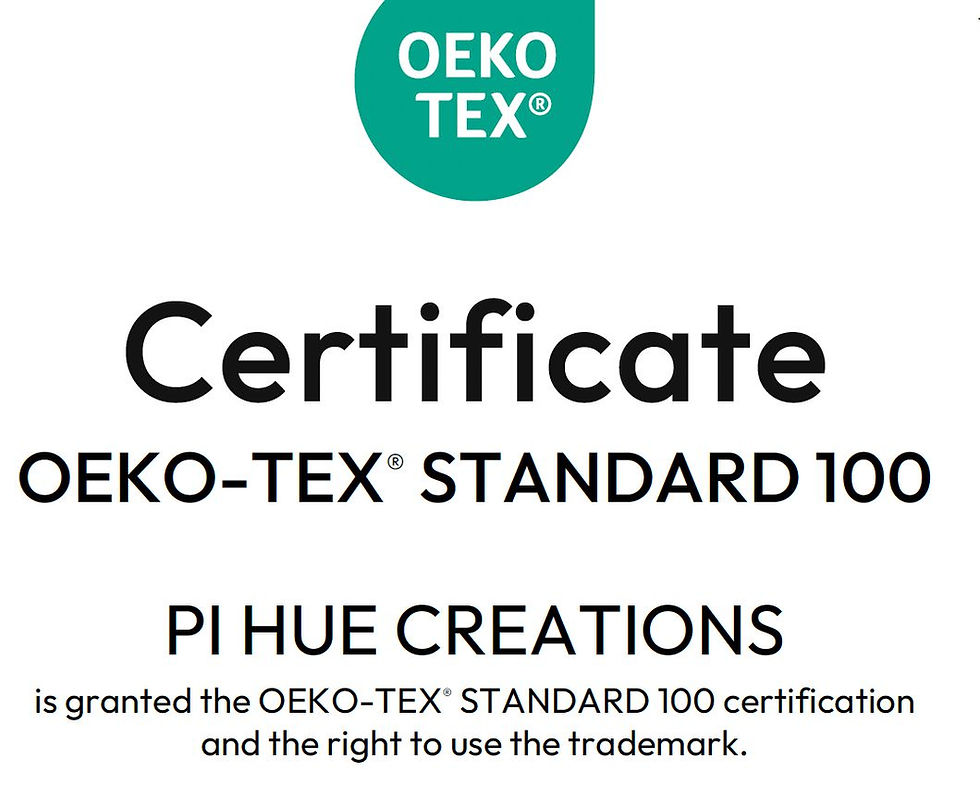From Concept to Collection: How to Develop a Private Label Rug Line with an Indian Manufacturer
- pihue sagar
- Sep 23, 2025
- 4 min read
Launching a private label rug line is an exciting opportunity for designers, retailers, and entrepreneurs looking to carve out their niche in the global home décor market. India, with its rich carpet weaving heritage, offers some of the best opportunities for sourcing and manufacturing. From the bustling lanes of Bhadohi—often called the Carpet City of India—to modern trade shows like the India Carpet Expo, the country has positioned itself as a hub for handmade carpets, rugs and floor coverings.
If you are considering developing your own collection, here’s a step-by-step guide on how to go from concept to collection with an Indian rug manufacturer, while making the most of global networking opportunities like the International carpet fair and other major exhibitions.
Step 1: Research Global Trends in Rugs and Floor Coverings
Before sketching out your first design, study emerging trends at international exhibitions. Events such as the Global carpet expo, Rugs and floor coverings trade fair, and International handmade carpet fair Asia offer invaluable insights. You’ll see what buyers are demanding—whether it’s eco-friendly rug exhibitions, modern abstract rug expos, or geometric and tribal rug fairs.
In Europe, the Global rug exhibition showcases luxury designs and innovative techniques, while Carpet trade shows in India emphasize sustainable practices and consumer-friendly pricing. Keeping up with trends in rugs and floor coverings at international expos will help you design pieces that resonate with today’s markets.
Step 2: Connect with Indian Manufacturers and Exporters
India is home to some of the world’s finest rug artisans. At the India Carpet Expo, hosted at the Bhadohi Carpet Expo Mart, you’ll meet carpet manufacturers and exporters in India who specialize in everything from ethical carpet weaving to luxury handmade carpets shows.
Through B2B carpet trade fairs, you can connect directly with overseas carpet buyers in India and discuss opportunities for direct carpet sourcing from India. Whether you’re looking for wholesale handmade rugs fairs or options for bulk rug manufacturers in India, these events make it easy to find trusted partners who can bring your vision to life.
Step 3: Design Development – Turning Ideas into Prototypes
Once you’ve chosen your manufacturer, collaborate on custom handmade carpets. Most Indian exporters are well-versed in working with international designers, turning digital sketches into detailed hand-drawn patterns, and then weaving sample prototypes.
Indian artisans excel in diverse techniques showcased at traditional and modern rug expos—from hand-knotted masterpieces to flatweaves, tufted rugs, and jute blends. This flexibility allows you to create a private label collection that is truly unique, whether you lean towards modern abstract rug expos aesthetics or luxury rugs international fair inspirations.
Step 4: Focus on Ethical and Sustainable Practices
Today’s buyers demand more than beauty; they want assurance that their rugs are produced responsibly. Indian manufacturers are increasingly participating in sustainable carpets fairs and eco-friendly rug exhibitions, highlighting their efforts in ethical sourcing, fair wages, and environmentally conscious materials.
By choosing partners who emphasize ethical carpet weaving, your private label collection gains credibility and appeal. Certifications and transparent production updates can be powerful marketing tools when you launch your line.
Step 5: Plan for Production and Scaling
Once the prototypes are approved, the next step is scaling production. This involves finalizing sizes, textures, and color palettes while ensuring consistency across batches. Attending fairs such as the Custom handmade carpets expo helps you explore specialized production capabilities, from geometric and tribal rugs fairs to luxury handmade carpets shows.
If you’re targeting wholesale buyers, attending where to buy handmade rugs wholesale at international fairs can connect you to distributors interested in stocking your private label.
Step 6: Showcase Your Collection Globally
Your private label collection will only succeed if the right buyers see it. Leverage platforms like the International floor coverings fair, carpet and rug exhibitions, and upcoming international carpet fairs in 2025 to debut your collection.
Many Indian exporters already exhibit at these global stages, giving you the opportunity to partner with them and have your collection showcased at the best international carpet fairs for overseas buyers. Whether it’s the Global rug exhibition in Europe or carpet trade shows in the USA, these platforms connect you with premium retailers, designers, and distributors.
Step 7: Build a Long-Term Partnership
A private label rug line is not a one-off project; it’s about creating a lasting collaboration. By working with the best carpet manufacturers and exporters in India, you gain access to centuries of Indian carpet weaving heritage while supporting artisans in Bhadohi, Varanasi, Jaipur, Panipat, and Mirzapur.
Strong relationships with your suppliers ensure smoother production cycles, room for innovation, and the flexibility to expand your collection into other categories, such as sustainable carpets fairs or luxury rugs international fairs.
Final Thoughts
Developing a private label rug line with an Indian manufacturer is about more than just sourcing—it’s about blending your creative vision with the craftsmanship and heritage of India’s weaving communities. From carpets and rugs sourcing at B2B trade fairs to launching at the international handmade carpets exhibitions, each step offers opportunities to position your brand in a competitive global market.
By leveraging the platforms provided by the India Carpet Expo and global rug exhibitions, focusing on ethical carpet weaving, and tapping into trends like sustainability and modern design, you can create a rug collection that is both commercially successful and culturally significant.
In an industry where storytelling and craftsmanship matter as much as design, your private label collection could be the next star showcased at an international carpet fair—bridging the gap between modern consumers and timeless traditions.





Comments